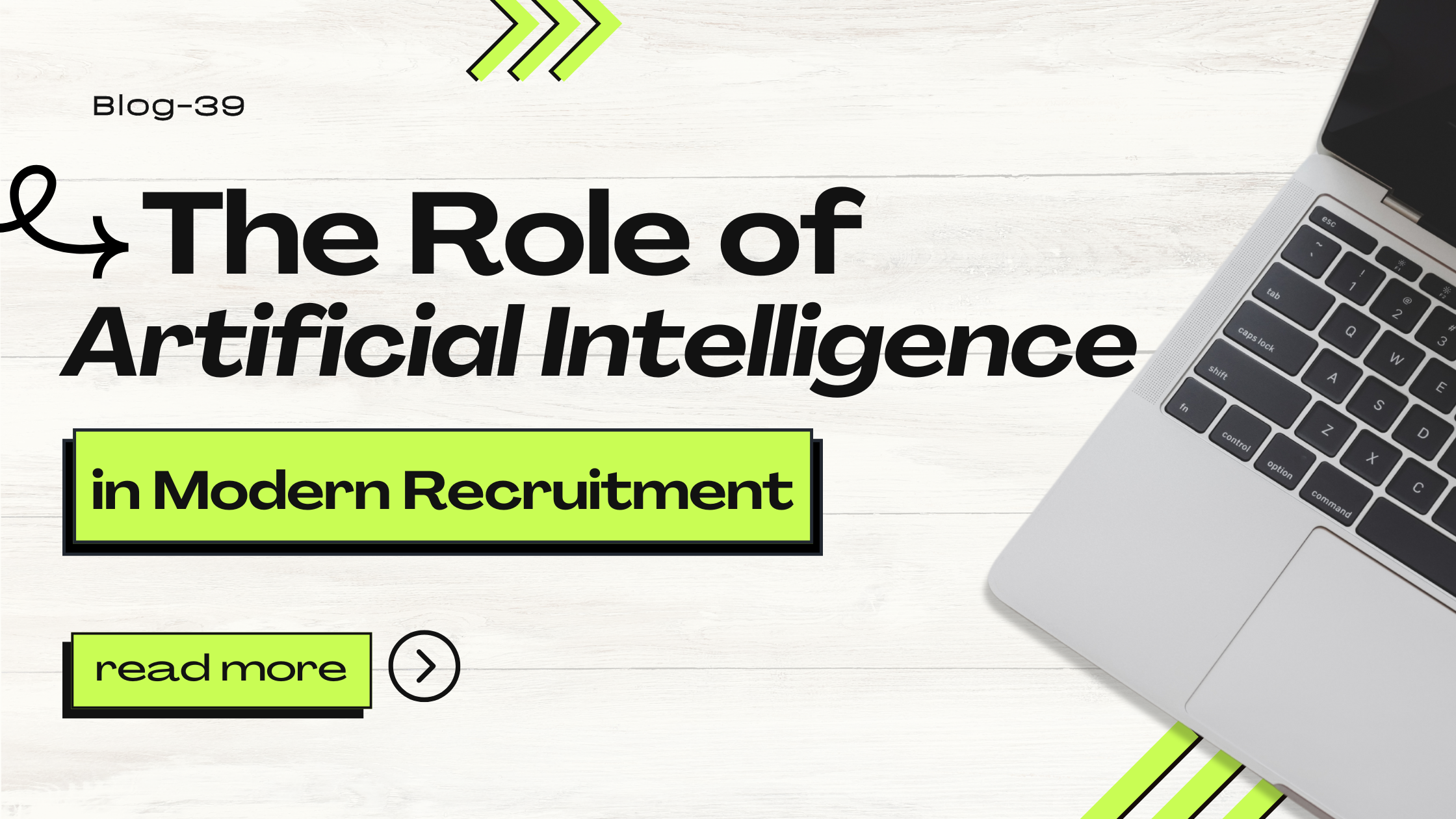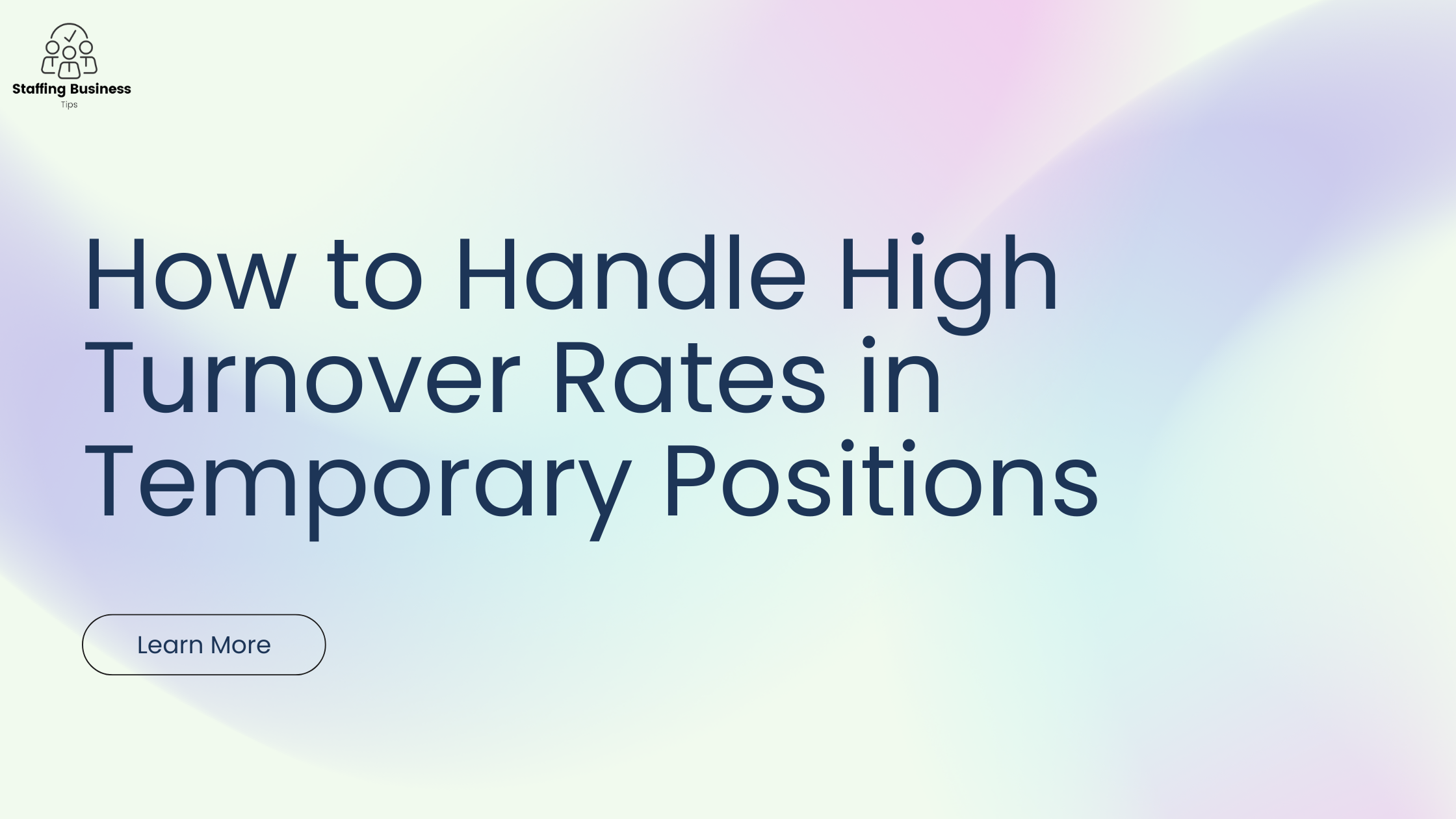Artificial Intelligence (AI) has revolutionized the recruitment industry, transforming the way organizations attract, screen, and hire talent. With the advancement of AI technology, recruiters and hiring managers can now leverage data-driven insights to make more informed decisions throughout the hiring process. AI has significantly impacted recruitment by automating repetitive tasks, improving candidate sourcing, and enhancing the overall candidate experience.
By utilizing AI-powered tools, recruiters can streamline their workflow, reduce time-to-hire, and identify top talent more efficiently. Furthermore, AI has enabled recruiters to analyze large volumes of data to identify patterns and trends, allowing them to make more accurate predictions about candidate performance and job fit. This has led to a more data-driven approach to recruitment, where decisions are based on objective insights rather than subjective judgments.
Additionally, AI has facilitated the use of predictive analytics to forecast future hiring needs and optimize talent acquisition strategies. As a result, organizations can proactively address their talent gaps and build a more robust workforce.
Key Takeaways
- AI has revolutionized recruitment by streamlining processes and improving efficiency
- AI is changing the hiring process by automating repetitive tasks and identifying top talent more effectively
- Using AI in recruitment offers benefits such as reducing bias, improving candidate experience, and making data-driven decisions
- AI tools for screening and assessing candidates help in identifying the best fit for a role and saving time for recruiters
- Leveraging AI for talent acquisition and retention can help in identifying and retaining top performers and improving overall workforce management
How AI is Changing the Hiring Process
Enhancing Candidate Experience with Chatbots and Virtual Assistants
One of the key ways AI is changing the hiring process is through the use of chatbots and virtual assistants to engage with candidates and provide them with real-time support. These AI-powered tools can answer candidate queries, schedule interviews, and even conduct initial screenings, freeing up valuable time for recruiters to focus on more strategic activities.
Revolutionizing Candidate Sourcing with Advanced Algorithms
Moreover, AI has revolutionized candidate sourcing by enabling recruiters to leverage advanced algorithms to identify and attract passive candidates. By analyzing online profiles, social media activity, and professional networks, AI can help recruiters target candidates who may not be actively seeking new opportunities but possess the skills and experience needed for a particular role.
Expanding the Talent Pool and Improving Hiring Outcomes
This proactive approach to sourcing has expanded the talent pool for organizations and increased the likelihood of finding the best-fit candidates.
The Benefits of Using AI in Recruitment
The adoption of AI in recruitment offers a wide range of benefits for both employers and candidates. From improving efficiency to enhancing the candidate experience, AI has become an invaluable tool for modern recruitment practices. One of the primary benefits of using AI in recruitment is the ability to automate time-consuming tasks such as resume screening, candidate sourcing, and interview scheduling.
This not only saves recruiters significant time and effort but also ensures a more consistent and fair process for all candidates. Additionally, AI has proven to be instrumental in reducing bias in the hiring process by focusing on objective criteria rather than subjective judgments. By using algorithms to assess candidate qualifications and skills, AI helps mitigate unconscious bias and promotes diversity and inclusion in the workforce.
Furthermore, AI-powered tools can provide valuable insights into candidate performance and job fit, enabling recruiters to make more informed hiring decisions. Another significant benefit of using AI in recruitment is the improvement of the candidate experience. Through personalized communication, instant feedback, and streamlined processes, AI enhances the overall experience for candidates, regardless of whether they are ultimately hired or not.
This positive experience can have a lasting impact on an organization’s employer brand and its ability to attract top talent in the future.
AI Tools for Screening and Assessing Candidates
AI has introduced a wide array of tools and technologies that have revolutionized the way candidates are screened and assessed during the recruitment process. One of the most prominent AI tools for screening candidates is resume parsing software, which uses natural language processing (NLP) to extract relevant information from resumes and categorize it into structured data. This enables recruiters to quickly identify candidates who possess the skills and qualifications required for a specific role, saving time and effort in the initial screening process.
In addition to resume parsing, AI-powered assessment tools have become increasingly popular in recruitment. These tools use predictive analytics and machine learning algorithms to evaluate candidate skills, personality traits, and job fit based on various data points. By analyzing factors such as past work performance, cognitive abilities, and cultural fit, these tools provide recruiters with valuable insights into a candidate’s potential success within an organization.
Furthermore, AI has enabled the use of video interviewing platforms that leverage facial recognition technology and natural language processing to assess candidate responses and non-verbal cues. These platforms can analyze factors such as facial expressions, tone of voice, and word choice to provide recruiters with a more comprehensive understanding of a candidate’s communication skills and emotional intelligence.
Leveraging AI for Talent Acquisition and Retention
AI has proven to be a powerful tool for talent acquisition and retention by enabling organizations to identify, attract, and retain top talent more effectively. Through advanced analytics and predictive modeling, AI can help organizations forecast future talent needs, identify potential skill gaps, and develop proactive strategies for talent acquisition. By leveraging these insights, organizations can build a more robust talent pipeline and reduce time-to-fill for critical roles.
Moreover, AI has facilitated the use of personalized recruitment marketing strategies that target specific candidate segments based on their skills, interests, and career aspirations. By analyzing candidate data and behavior, AI can help organizations tailor their messaging and engagement efforts to resonate with potential candidates on a more personal level. This personalized approach not only attracts top talent but also enhances the overall candidate experience.
In terms of talent retention, AI has enabled organizations to analyze employee data to identify factors that contribute to turnover and disengagement. By leveraging predictive analytics, organizations can proactively address potential retention risks and develop targeted interventions to improve employee satisfaction and loyalty. Additionally, AI-powered tools can help organizations create personalized career development plans for employees based on their skills, aspirations, and performance, ultimately increasing retention rates and fostering a more engaged workforce.
Overcoming Challenges in Implementing AI in Recruitment

Ensuring Bias-Free AI Systems
One of the primary challenges is ensuring that AI-powered tools are free from bias and discrimination. Since AI algorithms are trained on historical data, there is a risk that they may perpetuate existing biases in the hiring process. To overcome this challenge, organizations must regularly audit their AI systems for bias and take proactive measures to mitigate any potential discriminatory outcomes.
Building Candidate Trust in AI Technology
Another challenge in implementing AI in recruitment is ensuring that candidates trust the technology used throughout the hiring process. Many candidates may feel apprehensive about interacting with chatbots or virtual assistants during their application journey. To address this challenge, organizations must prioritize transparency and communication when using AI-powered tools, clearly explaining how they are being used and how they benefit both candidates and recruiters.
Empowering Recruiters with AI Training
Furthermore, organizations must invest in training their recruiters and hiring managers to effectively leverage AI tools in their day-to-day activities. This includes providing comprehensive training on how to interpret AI-generated insights, use predictive analytics for talent planning, and integrate AI tools seamlessly into their existing recruitment processes.
The Future of AI in Recruitment and Staffing Industry Insights
The future of AI in recruitment is poised to bring about even more significant advancements as technology continues to evolve. One of the key trends that will shape the future of AI in recruitment is the increasing use of augmented intelligence, where AI works alongside human recruiters to enhance decision-making rather than replacing them entirely. This collaborative approach will enable recruiters to leverage AI-powered insights while still applying their expertise and intuition throughout the hiring process.
Additionally, as AI technology becomes more sophisticated, we can expect to see further advancements in predictive analytics and machine learning algorithms that will enable organizations to make even more accurate predictions about candidate performance and job fit. This will not only streamline the hiring process but also lead to better long-term outcomes for both employers and candidates. Moreover, the future of AI in recruitment will likely see an increased focus on ethical AI practices that prioritize fairness, transparency, and accountability.
As organizations continue to adopt AI-powered tools for recruitment, there will be a growing emphasis on ensuring that these technologies are used responsibly and ethically to promote diversity and inclusion in the workforce. In conclusion, the impact of artificial intelligence on recruitment has been profound, revolutionizing the way organizations attract, screen, and hire talent. From automating repetitive tasks to improving decision-making through data-driven insights, AI has become an invaluable tool for modern recruitment practices.
By leveraging AI-powered tools for screening candidates, talent acquisition, and retention strategies, organizations can gain a competitive edge in today’s dynamic labor market. While there are challenges to overcome in implementing AI in recruitment, the future holds great promise for further advancements that will continue to shape the industry for years to come.
If you’re interested in learning more about staffing strategies and the best staffing companies in the US, check out this article on Staffing Business Tips. It provides valuable insights into the staffing industry and can help you understand the role of artificial intelligence in modern recruitment.
FAQs
What is artificial intelligence (AI) in the context of modern recruitment?
Artificial intelligence in modern recruitment refers to the use of AI technologies, such as machine learning and natural language processing, to automate and streamline various aspects of the recruitment process, including candidate sourcing, screening, and matching.
How is AI being used in modern recruitment?
AI is being used in modern recruitment to automate repetitive tasks, such as resume screening and candidate sourcing, to identify and engage with passive candidates, to analyze and predict candidate performance, and to improve the overall efficiency and effectiveness of the recruitment process.
What are the benefits of using AI in modern recruitment?
The benefits of using AI in modern recruitment include increased efficiency and speed in the hiring process, improved candidate experience, reduced bias in candidate selection, better quality of hires, and the ability to make data-driven decisions based on predictive analytics.
What are some examples of AI tools used in modern recruitment?
Some examples of AI tools used in modern recruitment include applicant tracking systems (ATS) with AI capabilities, chatbots for candidate engagement, AI-powered sourcing platforms, video interviewing platforms with AI analysis, and predictive analytics tools for candidate assessment.
What are the potential challenges or limitations of using AI in modern recruitment?
Some potential challenges or limitations of using AI in modern recruitment include the risk of algorithmic bias, the need for ongoing training and maintenance of AI systems, the potential for job displacement for certain roles, and the importance of maintaining a human touch in the recruitment process.


